The RSC’s summer blockbuster is about Queen Anne. It’s called Queen Anne. It opens at the Inns of Court where drunken wags are satirising the royals with a naughty sketch about boobs and beer guts. Everyone on stage pretended this was hilarious. A few audience members did too, out of politeness.
The principal characters arrive with their dramatic goals on display. Queen Anne wants to rule wisely. Her general, Marlborough, wants to conquer widely. His wife, Sarah, wants to help her monarch to rule wisely and her husband to conquer widely. And Sarah’s scheming cousin, Abigail, wants to befriend the Queen so that she can marry a steady salary. These characters are neither very admirable nor very wicked and their objectives don’t cohere into a single narrative. Nor do their stories conflict with each other very much and the result is a flaccid lump of half-kneaded dough. It’s like watching a week-long episode of Blackadder with all the jokes removed, bar two. And here they are. The theme is the 1707 Act of Union. ‘The union will bring stability.’ That got a decent laugh. ‘The Scots can’t be trusted.’ So did that. The female leads are hard to care about because the beautiful Sarah (Romola Garai) is too haughty and impatient with the dim and dumpy Anne (bravely played by Emma Cunniffe). It’s like watching Liz Hurley giving deportment lessons to Danniella Westbrook.
The acting doesn’t help. Players in the smaller roles shriek their words like life-guards emptying a shark-threatened beach. When the Queen enters, everyone throws a bow and then straightens up in a sculpt-me-for-eternity pose. Thrift is the guiding principle of the costume design. Sarah’s shiny pink ball gown makes her look like a poached salmon. Marlborough’s joke-shop wig is a Captain Hook number made out of bin-liner material cut into strips and treated with crimping tongs. His cheapo court costume features seven slabs of ill-assorted colour: mauve, brown, scarlet, black, white, grey and gold. He looks like a Christmas cracker. It might be incautious to suggest that the head of wardrobe, Hannah Clark, is colour-blind but I wouldn’t trust her to slow for a red light.
The gravest failing is the language, which mixes Shakespearean pastiche — ‘Your Majesty, if I may make so bold’ — with 21st-century newspeak — ‘the costs of war are spiralling’. We’re told that a character has ‘lost his job’. When Marlborough’s enemies accuse him of peculation, he gets ‘suspended, pending an enquiry’. Note to dramatist. Be a dramatist. The failure to master, or even to attempt to master, the spoken idiom of a bygone era suggests a lack of talent, a lack of effort, or a lack of respect for the craft. There exist reams of letters between Sarah, Anne and her husband which anyone might consult. But not the dramatist, apparently, whose script is an affront to public taste. And how mortifying for the RSC. They, if anyone, have good reasons to verify the authenticity of period dialect produced under their august banner. Romola Garai might have spoken up as well. Instead she’s landed herself in a silly-season embarrassment written by Google Translate on the wrong setting.
The hit show Fleabag began as a DryWrite production at Soho Theatre. Here comes a follow-up, Touch, from the same company. The setting is a filthy London bedsit where Dee, a Swansea nymphomaniac, is using her unquenchable sexuality to make friends in the big bad city. She seduces a black lesbian, a teenage intern, an uptight posh boy and a spanking fetishist called Miles (caddish name!), who supports Brexit and runs a free school. Only one question is worth asking here: is this half as good as Fleabag? Answer, no. It’s just as good, just as original, just as explicit, just as outrageously and effortlessly funny. But it’s different enough not to be a carbon copy.
Dee is a recognisable human figure whose cynical joie de vivre captures a certain hedonistic London vibe. And her journey is overshadowed by tough emotional realities. At 33, she’s left it late to strike out alone in the capital and she’s susceptible to the charms of her ex who races down the M4 to lure her back to Swansea. Writer Vicky Jones produces brilliantly caustic dialogue and her powers of characterisation are wonderful. She writes superb women, naturally, and she has a knack for making ghastly males easy to connect with. The cocky young intern, Paddy, has a sweet and bashful side. And the villainous Miles offers perceptive comments on millennials. They’re ‘desperate’, he says, to meet a Brexiteer so that they can boast, ‘I’ve got one! I’ve found a racist! In the flesh.’ This is an exhilarating snapshot of the capital at its worst and best. Hogarth would have relished it. Lovers of Hogarth will relish it too.
Got something to add? Join the discussion and comment below.
Get 10 issues for just $10
Subscribe to The Spectator Australia today for the next 10 magazine issues, plus full online access, for just $10.
You might disagree with half of it, but you’ll enjoy reading all of it. Try your first month for free, then just $2 a week for the remainder of your first year.

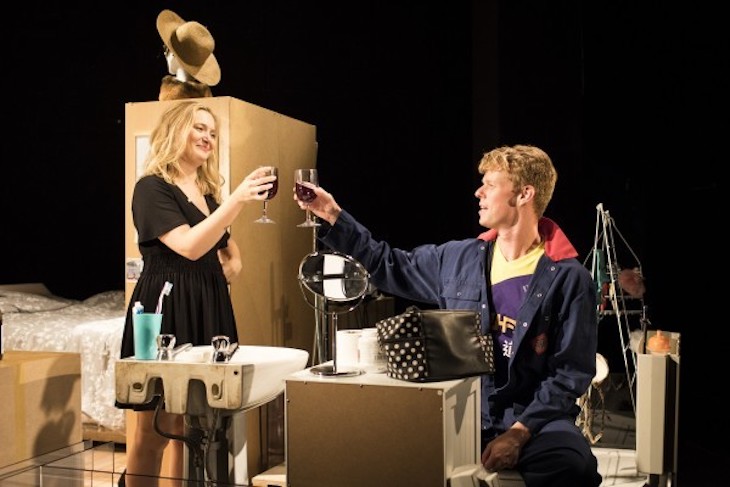


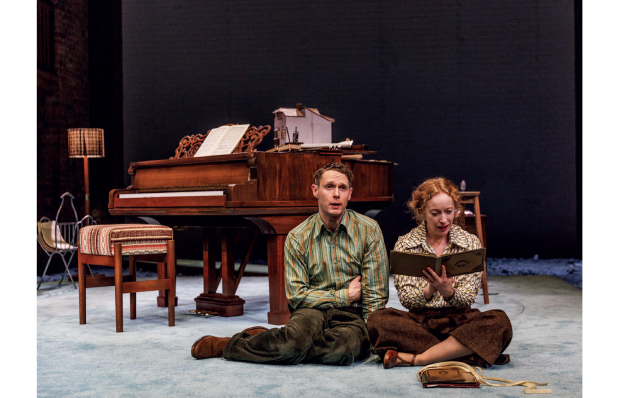
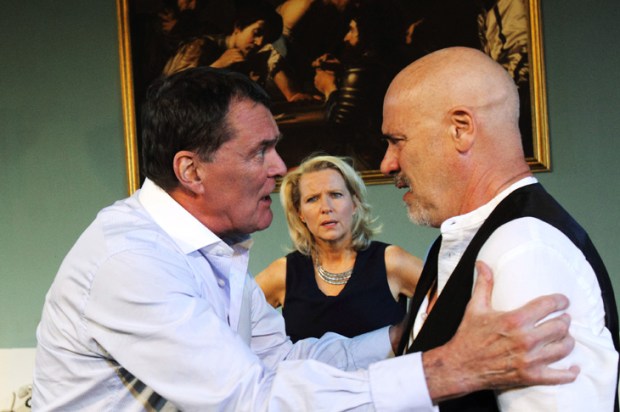
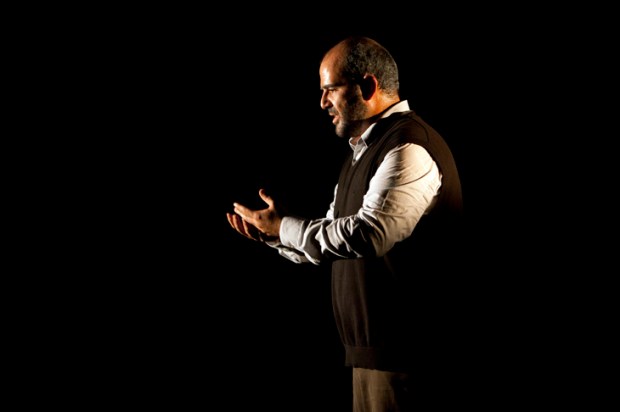
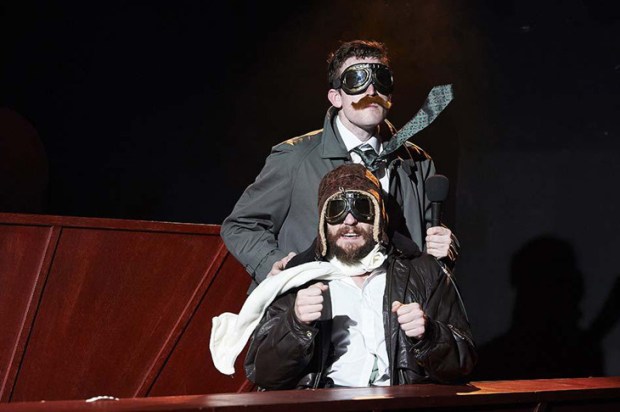






Comments
Don't miss out
Join the conversation with other Spectator Australia readers. Subscribe to leave a comment.
SUBSCRIBEAlready a subscriber? Log in